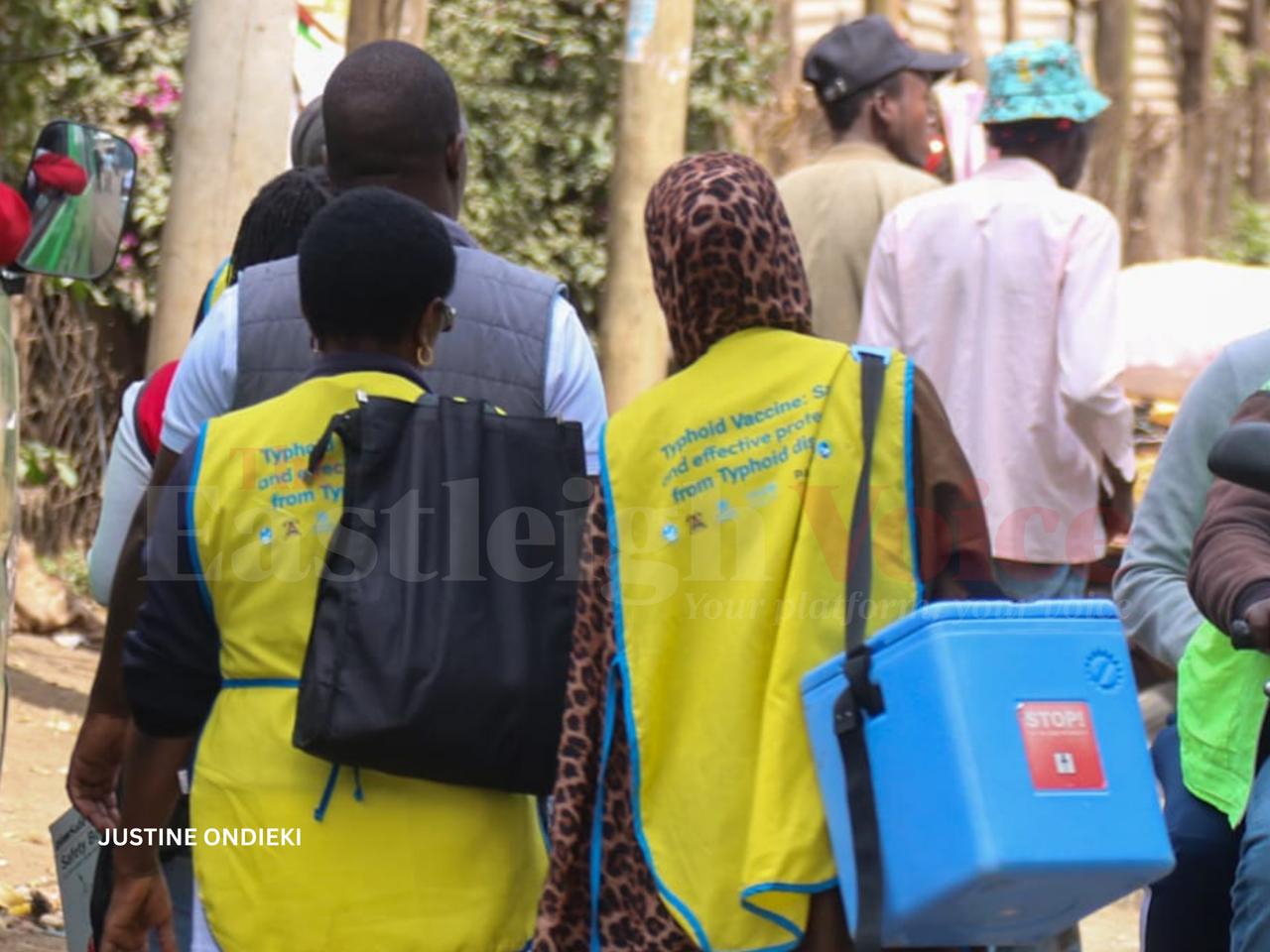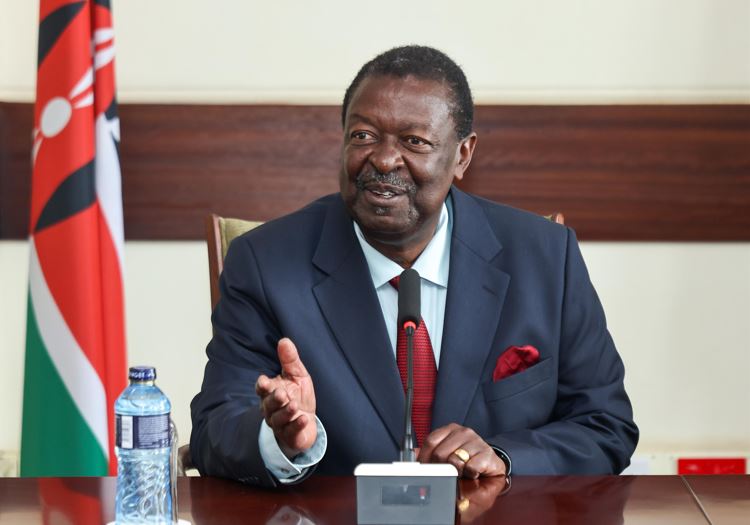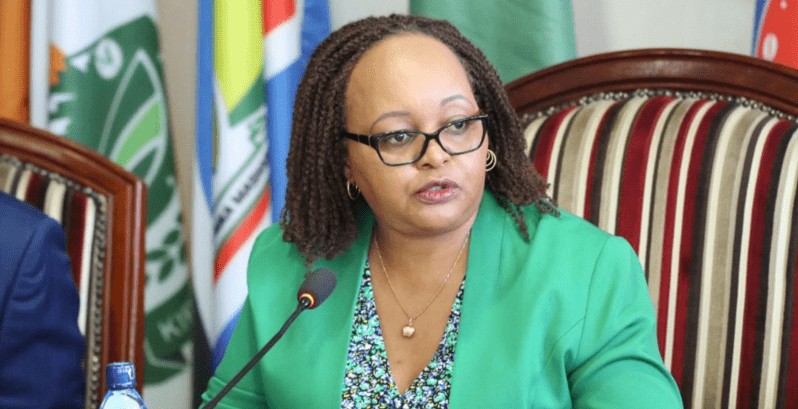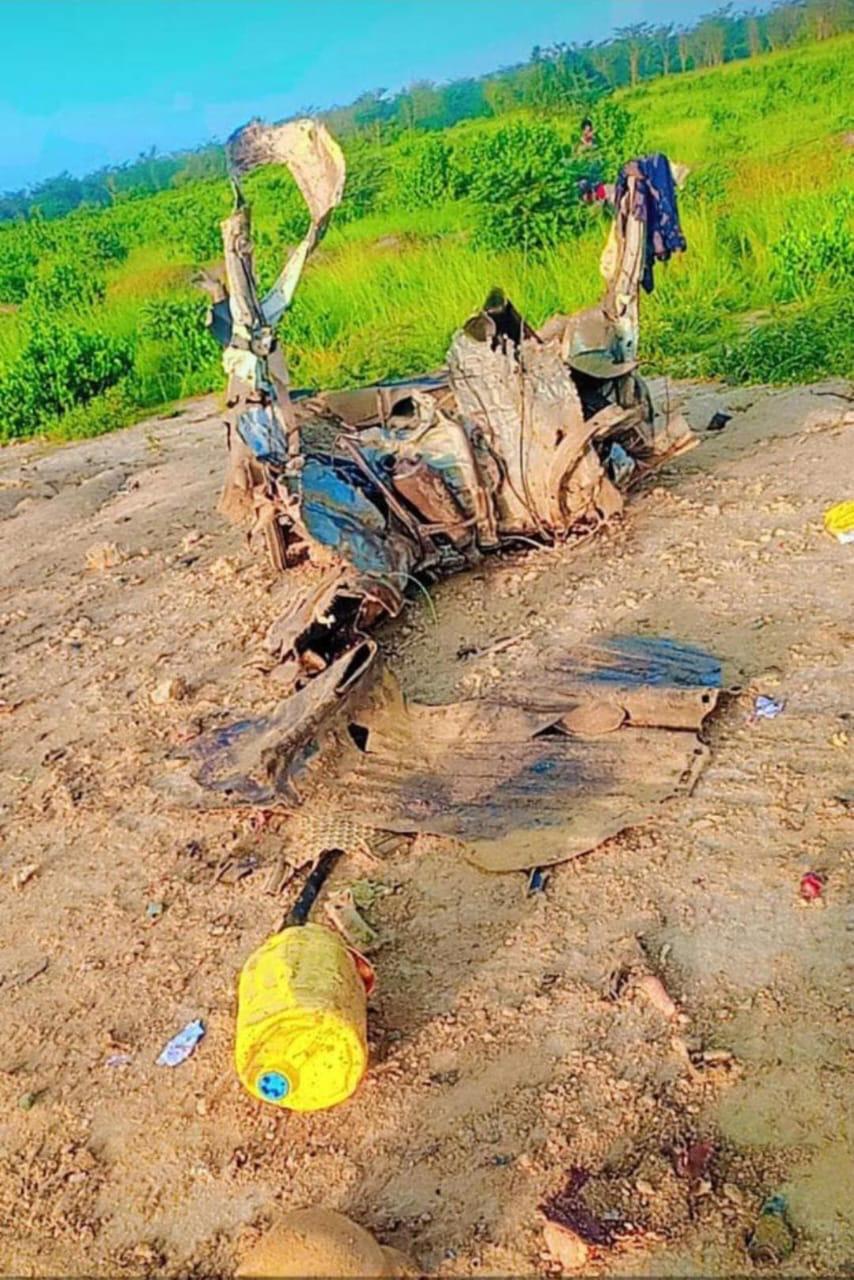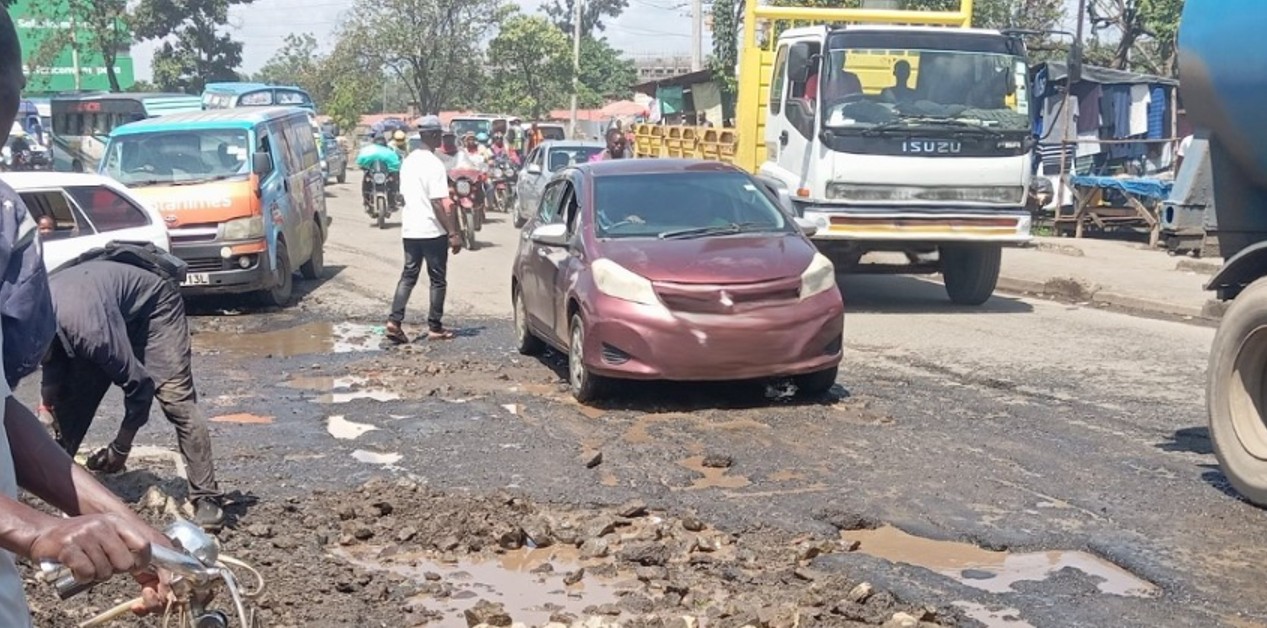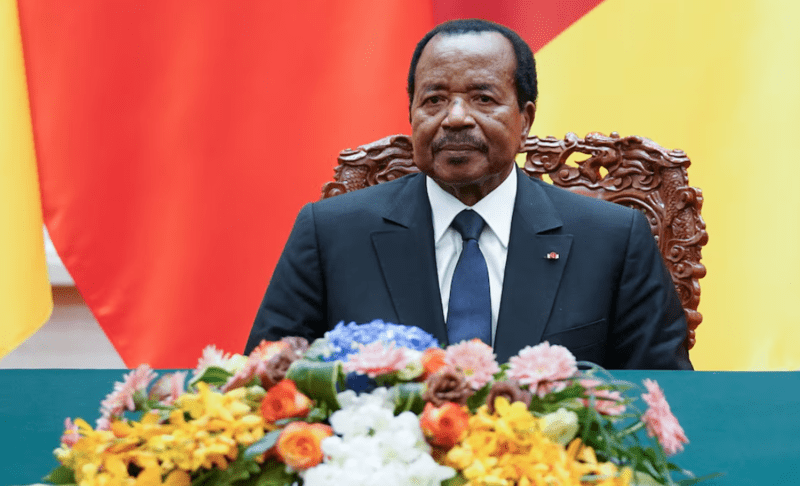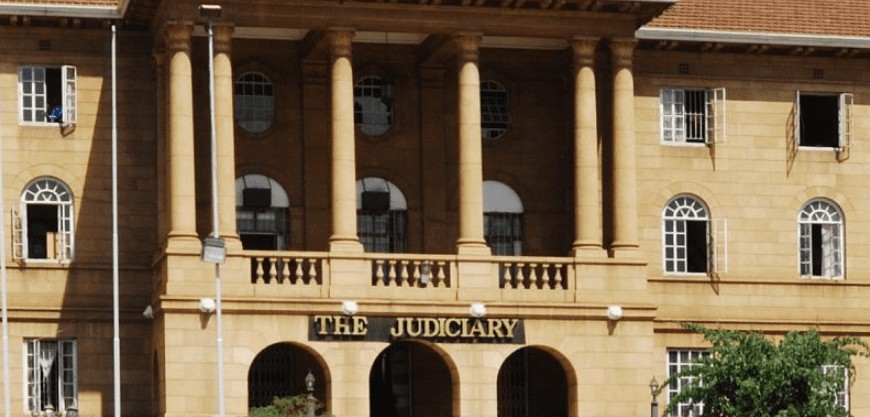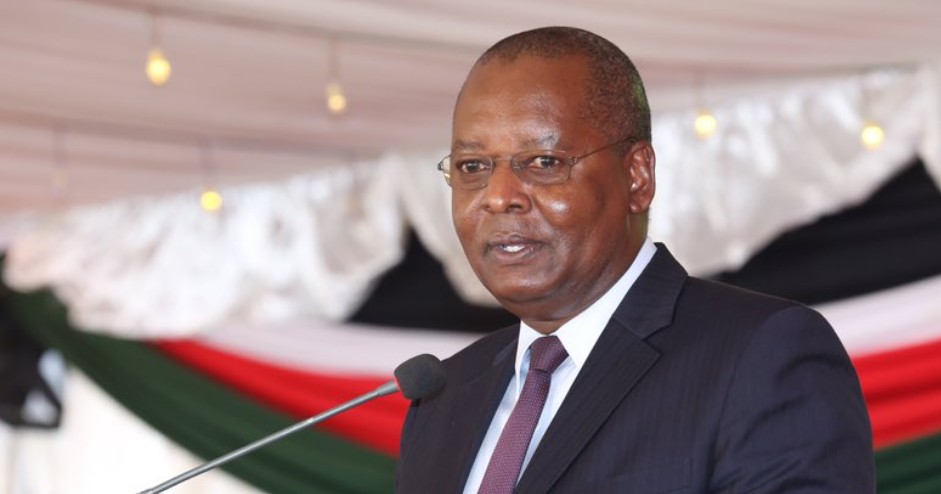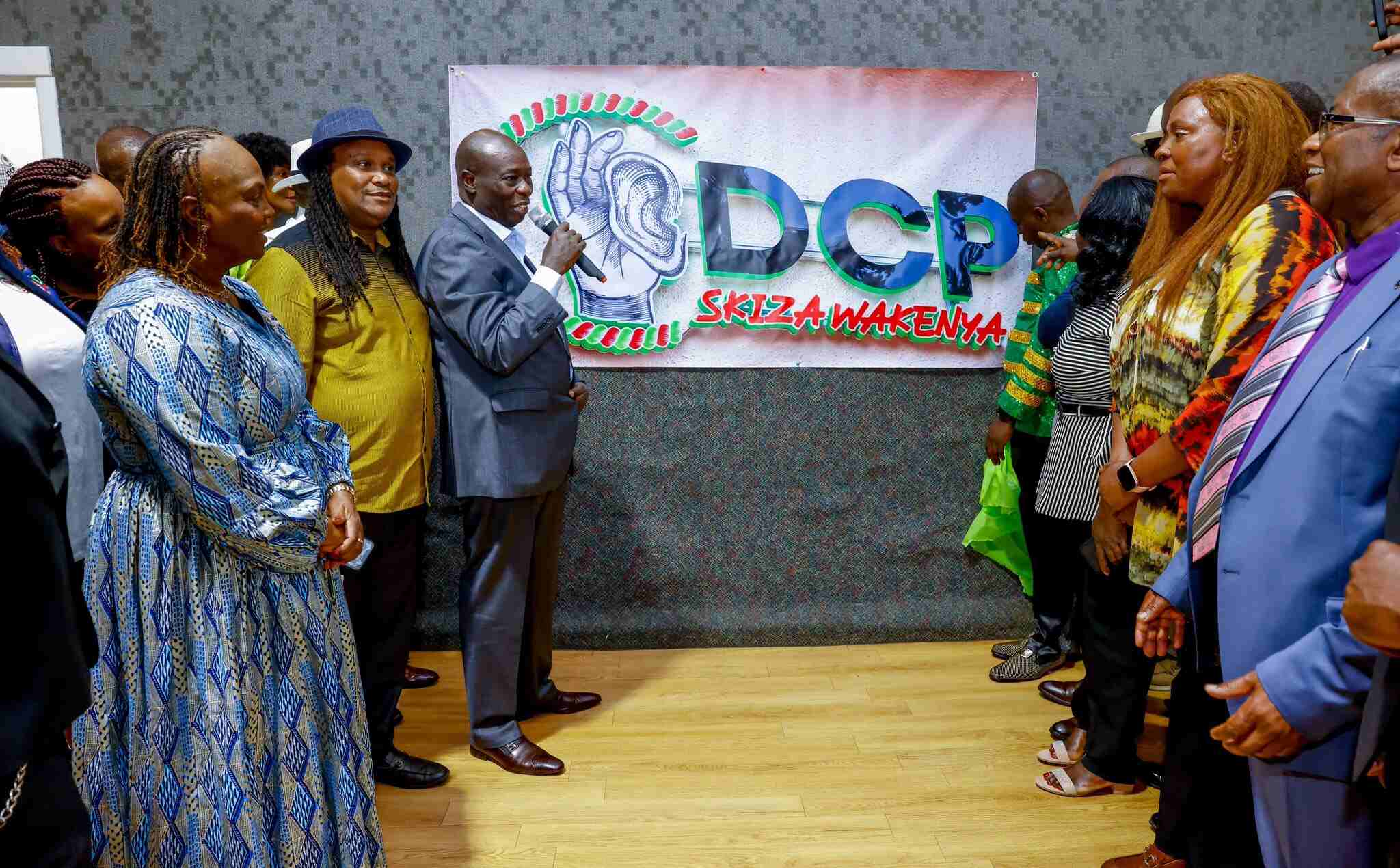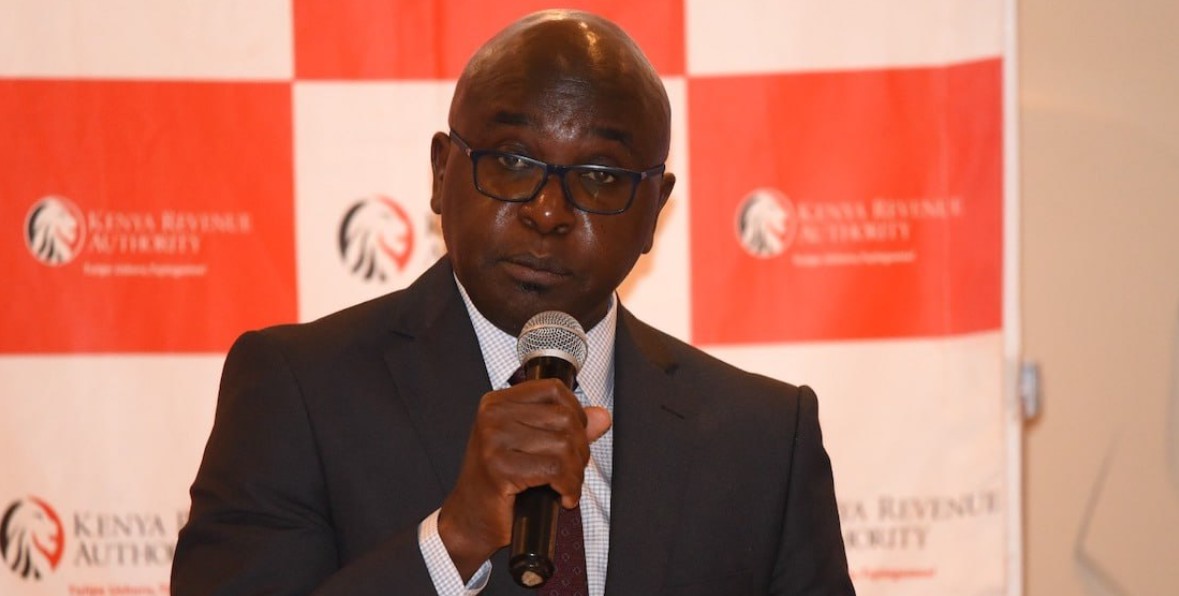Catholic Bishops reject Ruto's Sh5.6 million donations to Soweto church
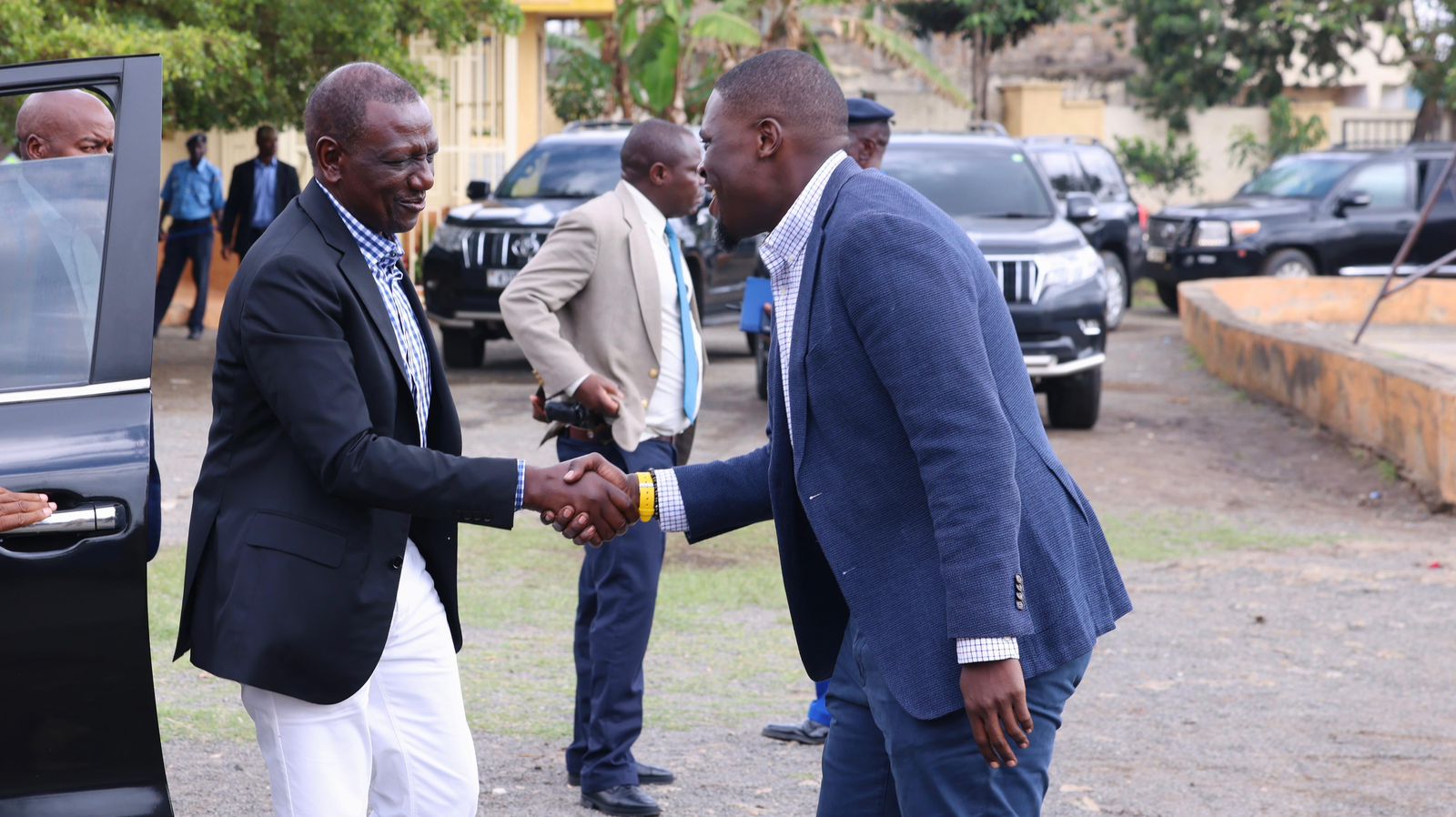
President Ruto’s donations included Sh600,000 for the church choir and Parish Missionary Council (PMC), Sh2 million for the construction of a priests' house, and a promised Sh3 million for the same project.
The Kenya Conference of Catholic Bishops (KCCB) has rejected all the donations made by President William Ruto and Nairobi Governor Johnson Sakaja during a church service at Soweto Catholic Church on Sunday.
In a statement on Monday, the Bishops cited concerns over the misuse of church platforms for political gain.
More To Read
- Activists blast Ruto, Murkomen over use of live bullets in protests, call for police accountability
- Miguna backs Gen Z, dismisses Gachagua-led opposition and Ruto’s regime as a joke
- President William Ruto reinstates Charles Nyachae to Kenya School of Government post
- Washington address: Ex-DP Rigathi Gachagua vows to take Ruto to ICC over killings, abductions
- Budget shortfall threatens Ruto’s Sh29.7 billion youth empowerment programme
- President Ruto re-gazettes IEBC Chair Ethekon, six commissioners after court cites legal breach
They reaffirmed their long-standing position against political donations, stating that such contributions compromise the independence of the Church and risk turning sacred spaces into arenas for political self-promotion
President Ruto’s donations included Sh600,000 for the church choir and Parish Missionary Council (PMC), Sh2 million for the construction of a priests' house, and a promised Sh3 million for the same project.
He also pledged a parish bus in January upon his visit back to the church.
Governor Sakaja donated Sh200,000 to the choir and PMC.
However, all these contributions were declined, and the bishops confirmed that the funds would be returned to the donors.
"These funds will be refunded to the respective donors. Furthermore, the promised additional Sh3 million for the construction of the Fathers' house, as well as the donation of a parish bus by the President, are hereby declined," Metropolitan Archbishop of Nairobi Philip Anyolo noted in the statement on behalf of the Bishops.
The bishops cited the Public Fundraising Appeals Bill 2024, which requires permits for any fundraising appeals, as part of the legal basis for their rejection.
They highlighted that such contributions violated both the law and the Church’s ethical standards.
"The Church is called to uphold integrity by refusing contributions that may inadvertently compromise its independence or facilitate unjust enrichment," Anyolo said.
He reiterated that politicians should refrain from turning the pulpit into a stage for political rhetoric, as such actions undermine the sanctity of worship spaces.
The Bishops, instead, urged political leaders to demonstrate ethical leadership by addressing the pressing issues raised by the KCCB, including political wrangles, corruption, politics of self-interest, violations of human rights and freedom of speech.
They also cited the culture of lies, issues surrounding NHIF, unfulfilled promises, misplaced priorities, selfish agendas to extend terms of elected leaders, and over-taxation of Kenyans.
The leaders said the church must remain a neutral entity, free from political influence, to effectively serve as a space for spiritual growth and community guidance.
"In light of these directives, and in adherence to the Public Fundraising Appeals Bill 2024 under Section 10(2), it is deemed that any person who solicits or receives money or a benefit conducts a fundraising appeal, regardless of whether the representation made was direct or indirect. Such fundraising appeals require a permit in accordance with the Bill," they said.
Politicians have also been urged to attend services for spiritual nourishment as ordinary Christians while focusing their efforts on addressing pressing national issues.
Top Stories Today



